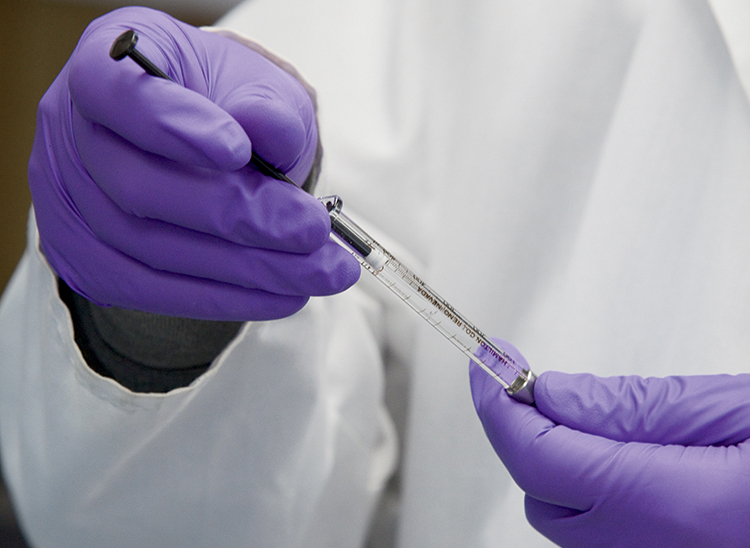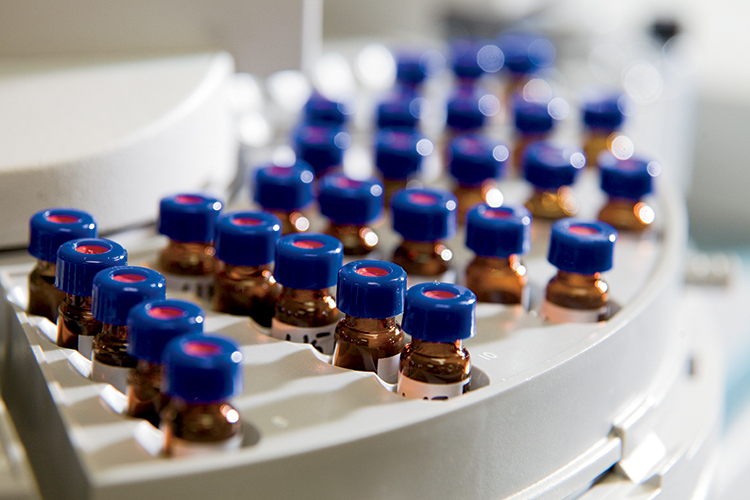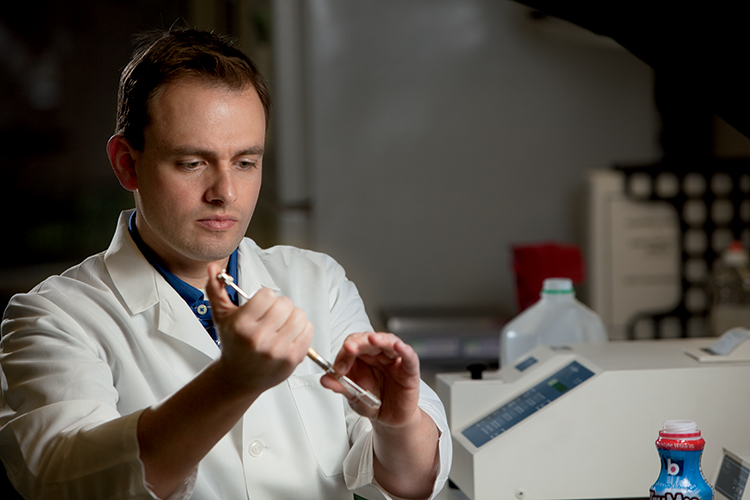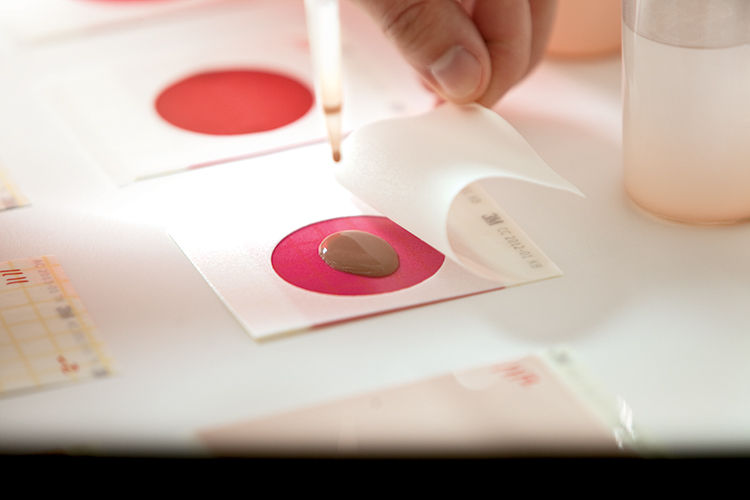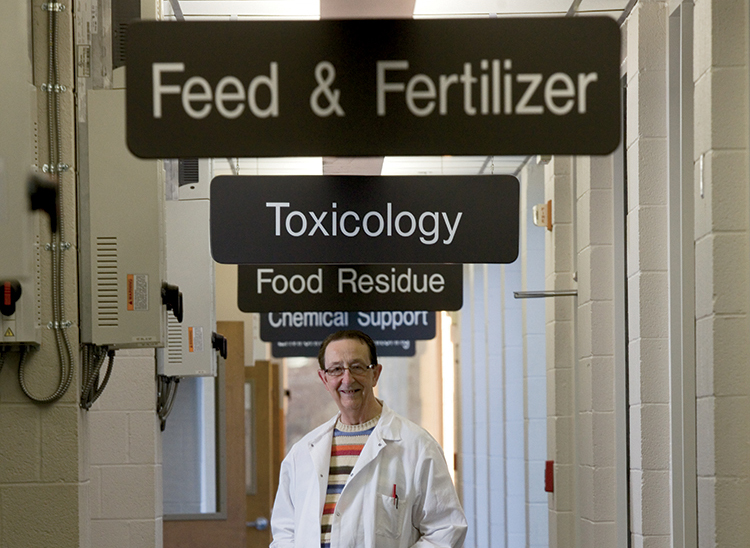Home > Tennessee > Tennessee Farm to Table > Playing it Safe with Tennessee’s Food
Playing it Safe with Tennessee’s Food
In partnership with: Tennessee Department of Agriculture
Though the Tennessee Department of Agriculture’s Consumer and Industry Services Division performs a wide variety of duties, it operates with one bottom line in mind.
It is certainly there to ensure the safety of Tennesseans in matters such as food, pesticides and similar areas, but it also seeks what one staff member calls a level playing field.
“It’s a dual purpose role,” says Randy Jennings, the division’s director of program operations. “At the same time we’re protecting the consumer, we’re supporting industry by making sure there’s a level playing field. If we’re holding everyone to the same standard, then we’re helping to eliminate the opportunity for operators that might want to sell substandard materials.”
The division is supported by a technical services laboratory.
“The laboratory is really a tool used to check on products and make sure they’re meeting standards,” says James McGuire, manager of the lab’s chemical branch. “We’re an information provider to the regulatory programs.”
And there is much information to provide. With a laboratory that is divided into two main branches – Chemical Services and Animal Diagnostics – Consumer and Industry Services works to maintain the integrity of the food chain and other regulated commodities.
Chemical Services includes specialty program areas in toxicology, food residue, feed and fertilizer, seed lab, environmental monitoring, food microbiology and chemical support. The Animal Diagnostic branch focuses on animal microbiology, histology, virology, immunology, serology and biological support.
Working for Herd Health
“We function similarly to a human health department,” says Dr. Scott Reed, director of the Kord Animal Health Diagnostic Laboratory that oversees animal diagnostics. “We run a lot of diagnostic tests, primarily for mail-ins by veterinarians or producers, testing for infectious diseases and monitoring herd health. That’s one major role we play.
“The other thing is we do all the postmortem exams for animals when the owners bring them to us. Producers or farmers may want to have herds investigated, or animal owners may want to have an autopsy done. In the case of herd health, we can give them information to hopefully prevent any further deaths in their herd. In the case of companion animal deaths, it’s primarily to provide closure for the pet owner.”
The Kord lab works with state and federal regulators, private veterinarians and livestock industries with programs aimed at preventing, controlling and eradicating certain infectious or communicable diseases of livestock and other domestic animals.
“If there’s an infectious disease outbreak,” Reed says, “we’re instrumental in helping producers determine what it is and what they can do, treatment-wise.”
Focus on Food Safety
Whether it’s seed, fertilizer or food, Chemical Services has quite a few facets to it, according to McGuire.
“We do microtesting for E. coli, Salmonella, Listeria, some of the three or four bad boys we see all the time,” he says. “TDA inspectors actually go into the delis at food markets and check meats and other things prepared in the markets. They recently found roast beef packed out of Louisiana that tested positive for Listeria. That resulted in about a half-million pounds of beef being recalled.”
The branch is part of the federal Food Emergency Response Network, which is committed to analyzing food samples in the event of a biological, chemical or radiological terrorist attack.
“We would be a lab that might receive samples so we could do a quick turnaround along with other FERN labs across the country,” Jennings says. “This would enable FERN to get a large amount of samples tested in a short amount of time.”
Both branches work out of the L.H. “Cotton” Ivy Laboratory, a state-of-the- art facility consolidated in 1994 from several smaller TDA labs.




